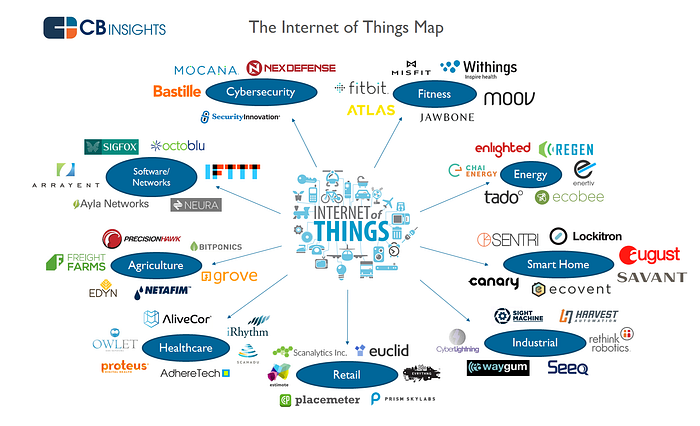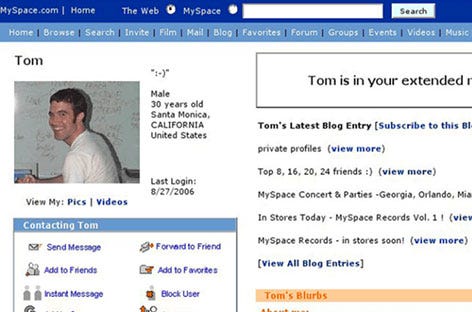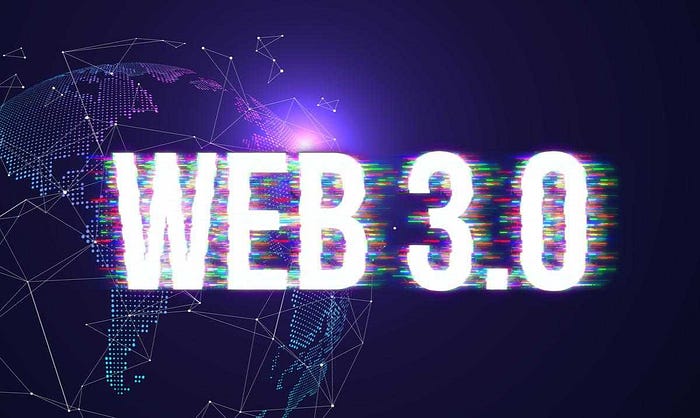
Web 3.0: The future of the internet, where security and decentralization take center stage, but will it overtake the current Web 2.0? Experts weigh in on the potential revolution and challenges ahead. Let’s first compare the two other versions of the Web to see how things are about to change again.
Version I
The first web version was called Web 1.0. This was the earliest version of the internet. Web 1.0 offered a potential for digital communication and info-sharing. During the early days, there were only a few consumers of content. Personal web pages were everywhere, commonly static and read-only functions. Mainly run ISP web servers or other alternatives. Slowly over time static Web 1.0 pages were getting boring, only being one-sided.

Courtesy of Resident Advisor
Version: II
The version we are currently in now. Web 2. The second stage of the World Wide Web, changing static web pages to dynamic or user-generated content. This version of the web allows us to interact or communicate with each other through social media. Web 2.0, computers use HTTP with unique addresses to find the info which is stored in specific locations. Some examples are Twitter and Facebook. Then came a problem of people that caused a new or better version of the web. Web 3.0.
Final Version: III
The future web. Web 3.0 is supposed to be the next generation of the web, in which users a connected through a decentralized internet run on a blockchain network. This will keep your information private and secure. The goal of Web 3.0 was to cut out the middlemen, allowing individuals to give services to each other without someone else controlling everything they use or utilize.
 Courtesy of Zipmex
Courtesy of ZipmexWill it overtake Web 2.0?
Companies like Google and Facebook have made some big bucks with Web 2.0. We have also been shown that companies are not guaranteed their future with MySpace and maybe with Facebook kinda collapsing. While Web 3 is still in its early stages, many experts believe that Web 3 has the potential to overtake Web 2 in terms of functionality and user experience. This is because it offers a more secure and transparent way of storing and sharing data. However, the adoption of Web 3 will likely take time, as it requires a significant shift in how we use and think about the internet. Additionally, there are some regulatory challenges that need to be addressed before Web 3 can fully overtake 2. Overall, Web 3 has the potential to revolutionize the way we interact with the internet, but it will take some time for people to embrace it.
No comments:
Post a Comment